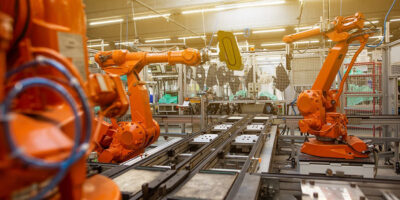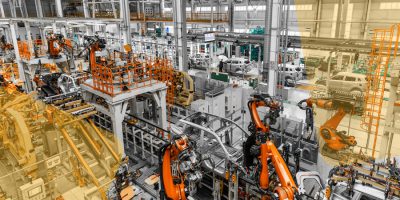HighPCB: Perfect Rigid PCB Fabrication with Phenolic and Epoxy Sections
Rigid PCBs are widely used in various electronic applications, offering stability, durability, and high-density circuitry. At HighPCB, we specialize in rigid PCB fabrication, including boards with two sections: phenolic and epoxy. We ensure perfect results through our advanced manufacturing processes, material selection, adherence to IPC standards and classes, and commitment to quality.
- Phenolic Section: Phenolic material is commonly used in the fabrication of rigid PCBs. It offers good electrical insulation properties, cost-effectiveness, and moderate mechanical strength. HighPCB has expertise in working with phenolic materials and can fabricate the phenolic section of your rigid PCB to meet your specific requirements.
- Epoxy Section: Epoxy-based materials are widely used in the fabrication of rigid PCBs due to their excellent electrical and mechanical properties. HighPCB offers different epoxy grades, including FR1, FR2, FR3, and FR4, to meet various performance requirements.
a. FR1: FR1 is a flame-retardant epoxy material suitable for general-purpose applications with lower thermal and electrical requirements. It offers good mechanical strength and insulation properties.
b. FR2: FR2 is a flame-retardant epoxy material with higher thermal and electrical performance compared to FR1. It is commonly used in applications where moderate performance is required.
c. FR3: FR3 is a flame-retardant epoxy material that provides better thermal and electrical performance than FR2. It is suitable for applications requiring higher operating temperatures and increased reliability.
d .FR4 High-Tg: FR4 High-Tg is a flame-retardant epoxy material with a higher glass transition temperature (Tg) than standard FR4. It offers excellent thermal stability and is ideal for applications that operate at elevated temperatures. - IPC Standards in Rigid PCB Fabrication:
a. IPC-6012: HighPCB follows IPC-6012 standards, which define the qualification and performance requirements for rigid PCBs. Adhering to these standards ensures that your rigid PCBs meet the highest levels of quality, reliability, and consistency.
b. IPC-A-600: HighPCB adheres to IPC-A-600 guidelines, which provide acceptability criteria for printed circuit board finishes, hole quality, conductor width, spacing, and other critical features. By following these guidelines, we ensure that your rigid PCBs meet the specified design requirements and industry best practices.
c. IPC-4101: HighPCB selects epoxy and phenolic laminates that comply with IPC-4101 standards. IPC-4101 specifies the performance requirements for laminate materials used in the fabrication of printed circuit boards. These materials offer excellent dielectric properties, low loss tangent, and high thermal stability. - IPC Classes in Rigid PCB Fabrication:
a. Class 1: HighPCB fabricates rigid PCBs for Class 1 applications, which represent general-purpose PCBs where functional requirements are less critical. These PCBs are typically used in applications with low-cost considerations and where long-term reliability is not a primary concern.
b. Class 2: HighPCB provides rigid PCB fabrication services for Class 2 applications, representing dedicated service electronic products that require extended life and continuous performance. These PCBs are used in applications where high reliability and extended service life are essential, such as consumer electronics, automotive, and industrial applications.
c. Class 3: HighPCB ensures that rigid PCBs fabricated for Class 3 applications meet the most stringent reliability requirements. Class 3 represents high-performance electronic products used in critical applications such as aerospace, medical, and military, where failure is not an option. - Advanced Manufacturing Processes: HighPCB utilizes advanced manufacturing processes and state-of-the-art equipment for rigid PCB fabrication. We employ precise control over etching, plating, drilling, solder mask application, and surface finishing processes to achieve the required tolerances and maintain high-quality standards.
- Thorough Testing and Quality Control: HighPCB conducts extensive testing and quality control procedures to ensure the reliability and performance of rigid PCBs. We perform electrical testing, impedance testing, solderability testing, and other necessary inspections to verify compliance with IPC standards and achieve optimal functionality.
- Documentation and Traceability: HighPCB maintains comprehensive documentation and traceability throughout the rigid PCB fabrication process. We record manufacturing parameters, materials used, testing results, and other relevant information to provide transparency and facilitate future revisions or troubleshooting.
Partner with HighPCB for Perfect Rigid PCB Fabrication:
When it comes to rigid PCB fabrication with phenolic and epoxy sections, HighPCB is your trusted partner. With our advanced manufacturing capabilities, material expertise, adherence to IPC standards and classes, and commitment to quality, we can deliver perfect rigid PCBs that meet your specific requirements. Contact us today to discuss your rigid PCB fabrication needs and experience the excellence of HighPCB’s services.








